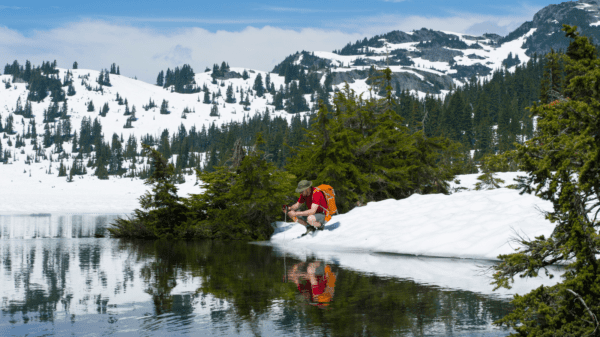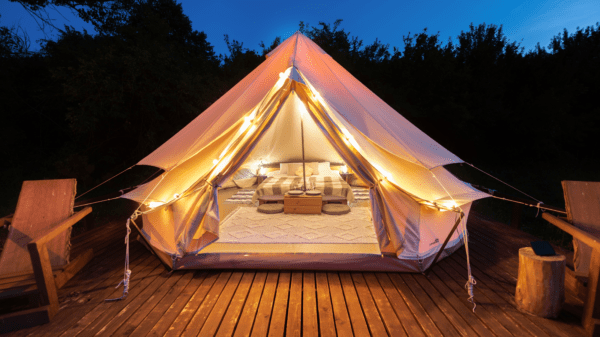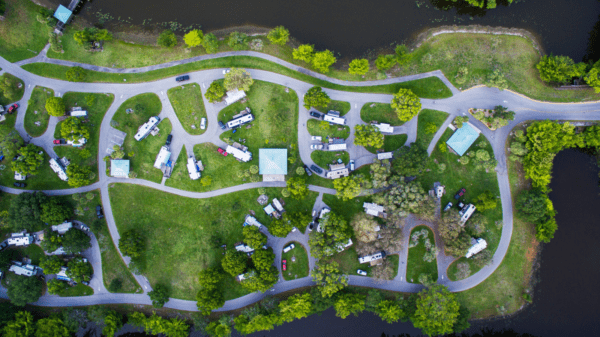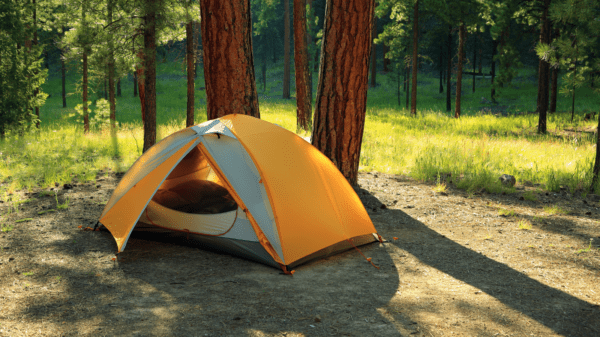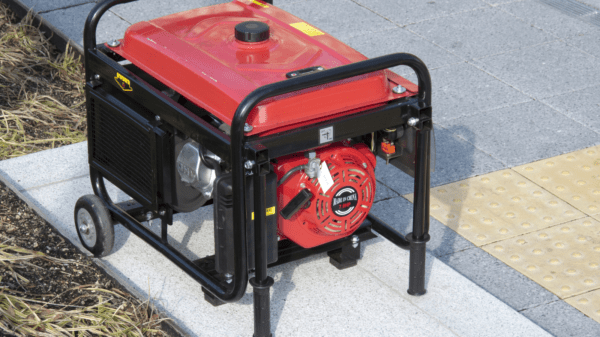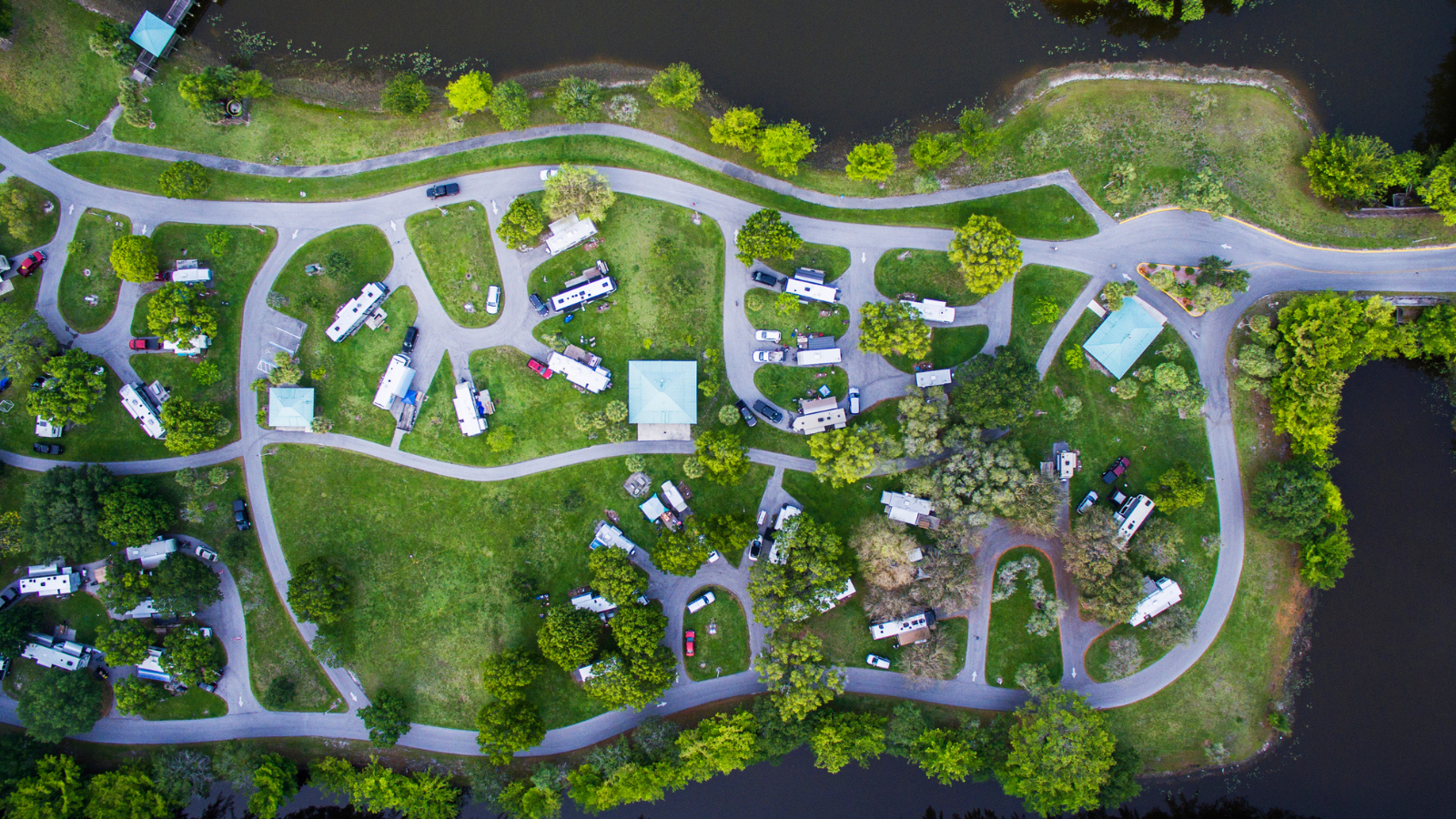Recreational vehicles (RVs) offer a unique way to travel and explore the great outdoors while maintaining the comforts of home. One of the essential aspects of RV travel is finding the perfect place to park and rest. This comprehensive guide will provide you with in-depth information on how to find and choose the right RV park for your adventure.
Table of Contents
Understanding the Types of RV Parks
- Privately-Owned RV Parks: These parks are owned by individuals or companies and can range from small, family-operated campgrounds to large, resort-style facilities. Amenities and prices vary, but privately-owned parks often offer a wide range of services and more personalized customer service.
- Public RV Parks: Public RV parks include those managed by federal, state, or local government agencies, such as national parks, state parks, or county parks. They often provide a more natural setting and lower prices but may have fewer amenities and stricter rules, such as generator use restrictions or length-of-stay limits.
- Membership-Based RV Parks: Some RV parks require a membership for access, such as those associated with Thousand Trails, Coast to Coast, or Escapees RV Club. Membership fees vary, and benefits may include discounted or free stays at affiliated parks, access to exclusive facilities, and participation in club events.
- Luxury RV Resorts: Luxury RV resorts cater to those seeking high-end amenities and services, such as spa facilities, fine dining, golf courses, or concierge services. These resorts typically have higher nightly rates but offer an upscale, resort-like experience for RV travelers.
Evaluating Amenities and Facilities
- Full Hookups: Electricity, Water, and Sewer
- Restrooms and Showers: Clean and well-maintained restrooms and showers are essential for many RV travelers. Some parks may offer private shower facilities, while others have communal restrooms. Read reviews or check with the park to ensure that the facilities meet your expectations.
- Laundry Facilities: Laundry facilities can be a crucial amenity for extended stays or trips with limited packing space. Check if the park offers coin-operated or card-based machines and if there are enough washers and dryers to accommodate the park’s size.
- Wi-Fi and Connectivity: Many RV parks offer Wi-Fi, but the quality and speed may vary. If staying connected is essential, inquire about Wi-Fi availability and performance, and consider using a mobile hotspot as a backup.
- Recreation and Entertainment: Some RV parks offer on-site recreational amenities, such as swimming pools, playgrounds, game rooms, or planned activities. Consider the park’s offerings and whether they align with your interests and preferences.
- Pet-Friendly Amenities: Traveling with pets requires additional considerations. Look for parks with pet-friendly policies, dedicated pet areas, or even pet-sitting services to ensure a comfortable stay for you and your furry companions.
How to Find RV Parks
- Online Directories: Websites like Campendium, RV Parky, or AllStays offer extensive listings with reviews and details about amenities, prices, and availability.
- Mobile Apps: Mobile apps like The Dyrt, RV Parky, or AllStays Pro provide location-based searches and trip planning tools, making it easy to find parks while on the road.
- Websites for National, State, or County Parks: Official websites for national, state, or county parks often list RV-friendly campgrounds with reservation information and details on amenities.
- Word of Mouth and RV Communities: Join RV forums, social media groups, or attend local RV club meetings to get recommendations from fellow travelers. These communities can provide invaluable advice and insights based on personal experiences.
Assessing Location and Accessibility
- Proximity to Attractions: Choose an RV park that’s conveniently located near your desired attractions or activities. Consider the distance and travel time to nearby points of interest, as well as access to public transportation or shuttle services, if needed.
- Road Conditions and Access: Ensure that the park is accessible by checking road conditions and potential obstacles, such as low clearance bridges, steep grades, or weight restrictions. Check the park’s website or call ahead to verify access for your specific RV.
- Site Layout and Size: RV parks offer various site sizes and layouts, with some providing spacious, pull-through sites and others offering smaller, back-in sites. Check the park’s site map or inquire about site dimensions and layout to ensure your RV can comfortably fit and maneuver within the park.
- Noise Levels and Privacy: Some parks may be located near busy roads, train tracks, or other sources of noise, which can impact your enjoyment and relaxation. Check the park’s location, read reviews, or inquire about potential noise concerns. Additionally, consider the park’s layout and spacing between sites to ensure adequate privacy.
Determining Your Budget
- Costs of RV Parks: RV park prices vary depending on location, amenities, and time of year. Basic sites with minimal amenities might cost between $25 to $45 per night, while sites with full hookups and additional amenities could range from $45 to $90 per night or more. Luxury RV resorts will likely have even higher nightly rates.
- Booking in Advance: Peak travel seasons, such as summer and major holidays, often result in higher prices and limited availability. Booking in advance can help you secure your spot and get the best deals.
- Discounts and Promotions: Many RV parks offer discounts for extended stays, seniors, military personnel, or members of RV clubs. Check the park’s website or inquire about available discounts and promotions when booking.
- Balancing Amenities and Costs: Determine which amenities are essential for your stay and prioritize parks that offer those amenities at a reasonable price. Be prepared to compromise on certain amenities to stay within your budget.
Making Reservations and Preparing for Your Stay
- Booking Methods: Reservations can usually be made online, by phone, or sometimes in-person upon arrival. Keep in mind that some parks fill up quickly during peak seasons, so it’s best to book in advance.
- Deposits and Cancellation Policies: Some parks require a deposit to secure your reservation. Review the park’s cancellation policy to understand any potential fees or penalties associated with canceling or modifying your reservation.
- Preparing for Check-In and Check-Out: Be prepared to provide identification, vehicle registration, and payment upon check-in. Review the park’s check-in and check-out times and plan your arrival and departure accordingly.
- RV Park Rules and Regulations: Familiarize yourself with the park’s rules and regulations, which may include restrictions on pets, campfires, or generator use. Following the park’s rules ensures a pleasant stay for you and your neighbors.
Safety and Security in RV Parks
- Reviewing Park Reputation: Read reviews from other travelers to get a sense of the park’s reputation and security measures. Look for parks with consistently positive reviews and a history of addressing safety concerns.
- Gated Access and On-Site Security: Choose parks with gated access or on-site security, as these measures can help deter potential issues and provide an added layer of safety.
- Personal Safety Measures: Always lock your RV and secure your belongings when leaving your site. Use caution when sharing personal information or details about your travel plans with others.
- Emergency Procedures: Familiarize yourself with the park’s emergency procedures and the location of safety equipment, such as fire extinguishers or emergency exits. Ensure you have a basic first aid kit and emergency supplies in your RV.
Alternatives to Traditional RV Parks
- Boondocking and Dry Camping: Boondocking, or dry camping, involves staying in remote, undeveloped areas without amenities. This option provides a more rustic and off-the-grid experience but requires additional preparation and self-sufficiency.
- Overnight Parking at Businesses: Some businesses, such as Walmart, Cracker Barrel, or truck stops, allow overnight RV parking. Always check local rules and ask for permission before staying. Keep in mind that these locations typically don’t offer any amenities, and you should practice good etiquette, such as not extending slides or setting up camp.
- Harvest Hosts Program: The Harvest Hosts program is a membership-based service that offers overnight stays at wineries, breweries, farms, and other unique venues. While these locations don’t usually provide full hookups, they offer a unique and memorable experience. A membership fee is required to access the network of participating locations.
- Campground Memberships: Some campground membership programs, such as Thousand Trails or Coast to Coast, provide access to a network of affiliated campgrounds at discounted rates or free stays. Research various membership options to determine if they align with your travel plans and preferences.
Tips for First-Time RV Park Visitors
- Familiarizing Yourself with RV Systems: Before embarking on your journey, take the time to learn how your RV’s systems work, including electricity, water, sewer, and propane. Understanding these systems will help you avoid potential issues and make your stay at RV parks more comfortable.
- Practicing Parking and Setup: Practice parking and setting up your RV before arriving at the park. This includes leveling your RV, connecting to hookups, and extending slides or awnings. Being proficient in these tasks will make your arrival and departure more efficient and less stressful.
- Communicating with Park Management and Neighbors: Maintain open communication with park management and your neighbors. Notify them of any issues or concerns and be receptive to feedback. Establishing a friendly rapport can lead to a more enjoyable stay and potential friendships with fellow RVers.
- Being Flexible and Adapting to Change: Unexpected situations or changes in plans are a part of RV travel. Approach these challenges with flexibility and adaptability, using your resourcefulness to find alternative solutions or accommodations.
Conclusion
Finding and choosing the right RV park is a critical aspect of enjoying your RV adventure. By understanding the different types of parks, evaluating amenities and facilities, assessing location and accessibility, and considering budget and safety, you can make an informed decision that meets your needs and preferences. Don’t be afraid to explore alternative options and embrace the unique experiences that RV travel offers. With proper planning and research, you’ll be well on your way to creating lasting memories on the open road.


